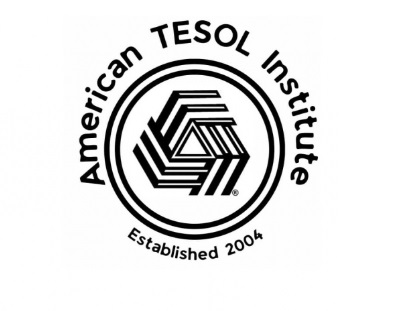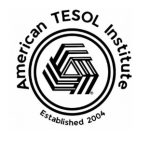With technology woven into almost every aspect of our lives, today’s students possess a unique skillset known as Digital Intelligence (DQ). This encompasses more than just knowing how to use devices – it’s about critical thinking, online etiquette, and the ability to leverage technology for positive purposes. Let’s explore how to tap into this strength to enhance English learning:
What is Digital Intelligence?
DQ has several core elements relevant to ESL instruction:
- Digital Identity: How a student presents themselves online, the understanding that their digital footprint matters.
- Digital Use: Skillful navigation of technology, managing device time effectively, setting boundaries for healthy tech habits.
- Digital Safety: Recognizing cyberbullying, protecting their privacy, and being aware of online scams/misinformation.
- Digital Literacy: Finding reliable sources, evaluating information critically, and creating their own online content responsibly.
How to Connect DQ to English Learning
- Authentic Content: Bye-bye boring textbooks! Use real-world digital sources: news articles, social media posts, or even short YouTube videos relevant to their interests. This builds content knowledge AND critical analysis of language used in different online contexts.
- Multimedia Projects: Encourage students to be creators, not just consumers. They could create a podcast discussing a topic they care about, design infographics summarizing research, or write and film a short skit with English subtitles.
- Digital Discussions: Online forums or moderated comment sections (on safe, age-appropriate sites) allow students to practice written English in a real communicative context. This can be more motivating than worksheets, especially for shy students.
- “Search Sleuths” Training: Teach them to be savvy researchers. How to use keywords effectively, identify reliable websites, and fact-check information for a project. These skills transcend any one subject area!
- Global Connections: Tools like video conferencing open the classroom to the world! Connecting with native speakers or another ESL class creates authentic language practice impossible in the past.
Things to Consider:
- Age Matters: Younger students need more guidance on online safety and may need to use pre-vetted websites. Older students can do more independent exploration.
- Equity: Be aware of potential gaps in tech access at home. Have some school-based options if students can’t complete all elements of a project outside class.
- It’s NOT All About the Tech: Balance digital tools with speaking practice, traditional reading/writing. DQ is about using tech wisely, not ALL the time.
Benefits of This Approach
- Increased Motivation: Projects related to their online lives feel relevant, students have choice in what they create.
- Transferrable Skills: Digital literacy, critical thinking – these are essential for success in ALL their subjects, and in the future workforce.
- Builds Confidence: Students who struggle with traditional classroom tasks may shine when given a tech-focused project option.
- Prepares for the Real World: English learning isn’t isolated – we use it online constantly to communicate and learn.
Embracing students’ Digital Intelligence allows for dynamic, effective, and future-focused language learning. It puts them in the driver’s seat as explorers, creators, and responsible digital citizens, all while building their English proficiency.


